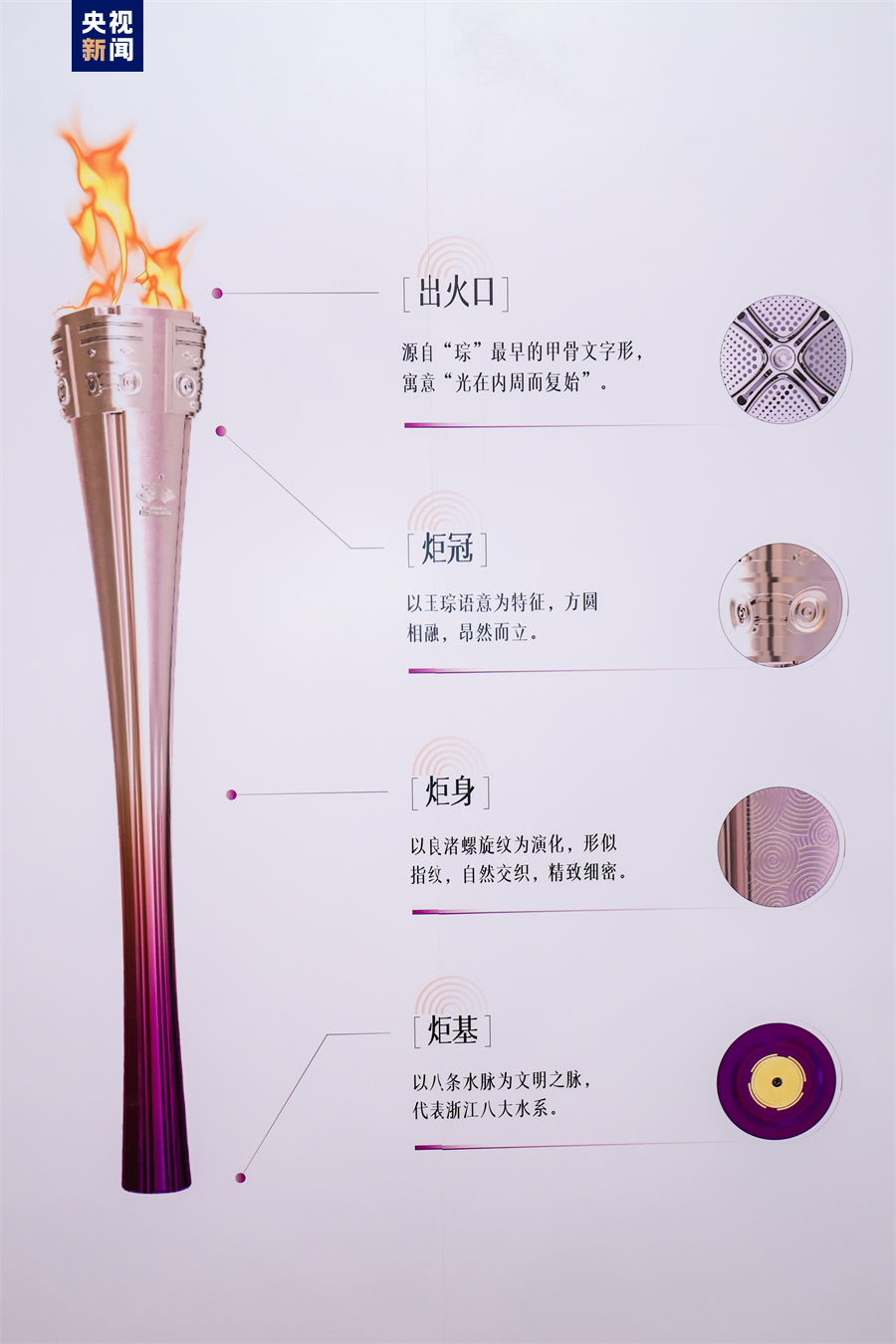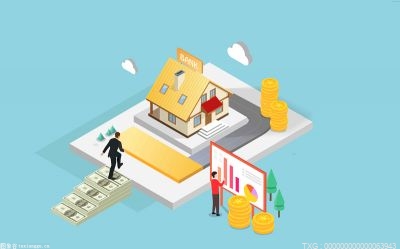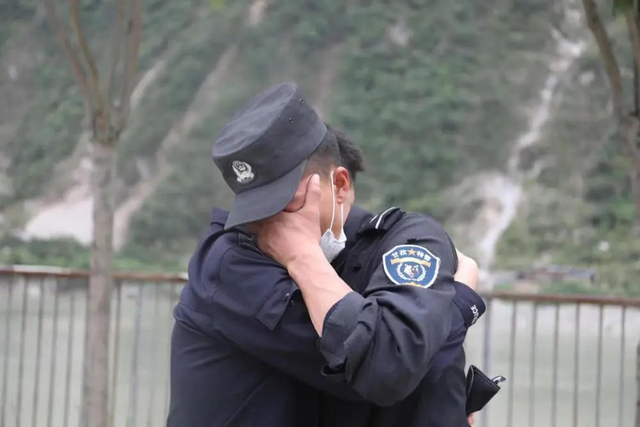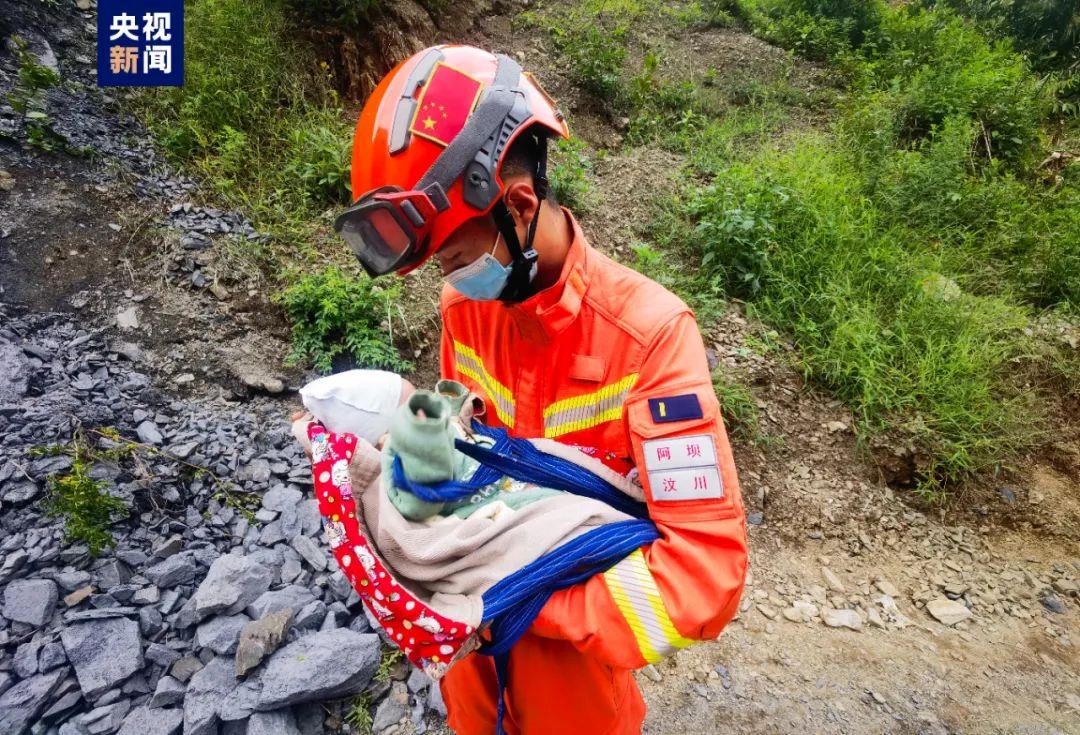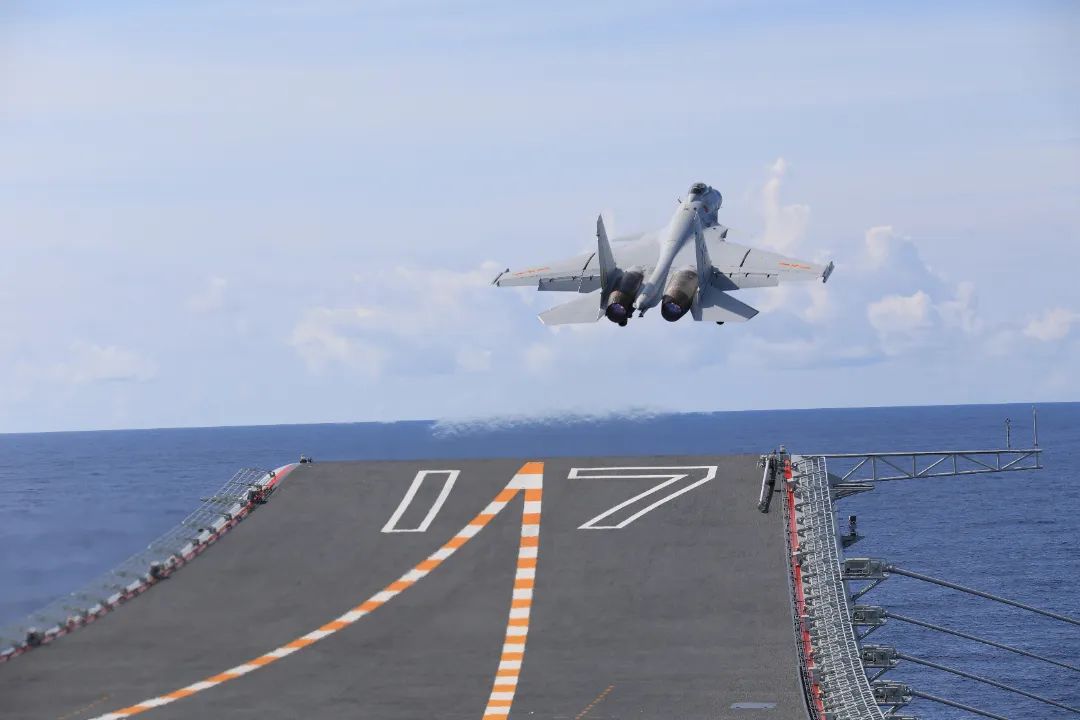饶议科学:在大是大非的问题上 饶老师迄今还没错过
近二十年来,在重大问题上,事实一再证明饶毅老师没有错。
最初批评的人数量越多、激烈程度与最终的证明成正比。
也就是说,看起来汹涌澎湃的批评,其实最后证明饶老师最初的前瞻性和准确性。
 【资料图】
【资料图】
2004年,饶老师带头反对喇嘛到美国神经科学学会演讲。
2012年,饶老师英文致信英国《自然》杂志主编,批评其对中国游泳选手叶诗文的污蔑。
近年,美国国立健康研究院NIH带头迫害旅美华人科学家。饶老师多次致信NIH的院长,严厉批评其政策。
2020年7月20日,饶老师在《纽约时报》发表英文文章,刊登在其国际版首页,叙述他在武汉的12位亲戚无一感染,而他住纽约6位亲戚有一位死于新冠病毒感染。
2011年,饶老师第一个提出屠呦呦的青蒿素研究值得诺贝尔奖。饶老师把当年他参与评审的全球大药厂GSK的科学奖颁发给了屠呦呦。
而海内外华人群起而攻之。虽然从2002年起,饶老师十几年准确判断了十几二十位诺贝尔奖得主,海内外华人群众继续以自己的无知和偏见攻击饶老师评价屠呦呦。
2015年,屠呦呦获得我国第一个自然科学的诺贝尔奖,海内外华人虽然承认饶老师第一个对屠呦呦的研究有前瞻性的准确判断,显然多方面证据(科学史、奖项评价等)表明饶老师是对我国和世界生命科学研究工作判断力第一的华人科学家。
2016年美国大选前后,饶老师三次在国内电视公开告诫我国观众、批评特朗普,并预计特朗普将带来严重问题。海内外华人一片哗然,绝大多数是猛烈抨击饶老师。几年后,海内外华人普遍发现特朗普确实有问题,也有人承认当年误批了饶老师。
2022年3月29日,饶老师是国内第一个依据科学数据,经过分析和对比四个方案,明确提出应该“普及疫苗(特别是提高老年人接种)然后放开”的防疫政策。
饶老师有没有错过?当然有。但是小事。在韩春雨事件上,饶老师确实判断失误。没人能够百分之百准确,而且韩春雨不过是河北科技大学的年轻教师,对他的评价不是大是大非。而回国的饶老师身在北大却关心没有出过国的河北科技大学教授,也没有私利,而是关心弱势年轻人心切。
可以说,在多个重大问题上,饶老师第一个公开发言的时候遭到很多人(有时是大多数人)的反对,而其后几年内被事实证明是对的。
只是:反反复复,每一次重复同样的过程,罕见有人遵循“前事不忘后事之师”的基本规律。
饶老师从回国的45岁,成为现在的60岁,获得了可以说“不听老人言...”的资格了。
饶毅《纽约时报》评论:新冠期间中美两兄弟的故事
2020年7月22日星期三美东时间5:01,《纽约时报》评论版发表饶毅评论文章:新冠去世的叔叔和肺科医生的父亲。
撰文 | 饶 毅
● ● ●
新冠去世的叔叔和肺科医生的父亲
中文的8因其音似 “发” 而被视为幸运的数字、444似 “死” 为坏数字, 520 似 “我爱你”。
向来讨厌迷信的我,非常难过地于5月20日下午4:44分收到微信:纽约皇后区的叔叔厚华(Eric)逝于新冠病毒,他74岁。
厚华是药剂师,很可能从取药的病人传来。三月感染后,他病了两个多月,曾用呼吸机,但最后十天被认为不可治愈后,呼吸机用于救助其他病人。
我家与医药关系不浅,我自己现在北京任职有19个附属医院的医科大学。我学医是因为我有肺科医生的父亲。父亲学医是因为他13岁时,他的母亲因简单的感染而去世。父亲没有预料到,比自己年轻15岁的弟弟逝于自己专科的疾病(呼吸系统疾病)。
父亲和厚华第一次分开是1947年。父亲那年17岁,留在江西南昌继续学业,两岁的厚华、其他弟弟和一个姐姐与其父母从上海渡台湾。二战后,台湾在被日占据50年后回归祖国,有较多工作机会。
全家未能预见1949年之后台湾和大陆将长期分离。
父亲在南昌完成医学教育、其后还在上海随最好的肺科医生获得研究生教育。但1960年代的文革使他下放到县城、最后到仅他一个医生的村庄。1972年,父亲到南昌一个主要医院工作。
1970年代中期,祖父经由斐济用一个信封含了两封信寄到父亲以前工作过的一个医院,外面那封信写:
敬启者:犬子饶纬华曾在贵院工作,后去农村,能否转此信给他。
里面那封是祖父致父亲的信。居然真转到了我父亲。那时我已十几岁,现在还记得祖父的用词和父亲读信时泪流满面的情形。
很快,厚华成为他们之间的主要信使。
厚华是我家第一位美国公民,他于1970年代后期到旧金山,被美国的发达所吸引,与他成长的台湾有天壤之别。
1982年,分离35年后的厚华与我父亲兄弟俩重逢。父亲在旧金山加州大学(UCSF)医学院心血管研究所进修一年,跟Norman Staub博士做肺水肿的动物实验,后在旧金山总医院随呼吸病和重症医学的权威John Murray博士见习临床和ICU数月。
1980年代初期,中国和美国的差别巨大。父亲一直非常感谢UCSF给他的培训、美国人民对他的善良和慷慨。回南昌后,父亲建立了全省第一个、全国较早的ICU之一。他还建立了分子医学研究所,是中国最早的之一、如果不是第一的话。
1985年,我跟随父亲和叔叔们(那时叔叔Tim/兴华也移民加州)的脚步,到UCSF念研究生。几年后我弟弟也赴美留学。
1990年代,苏联模式坍塌,美国似乎是唯一留存的模式。在美国留学后计划长期在美国生活和工作,所以我申请了美国公民,于2000年获得。子女在美国出生。
但发生了9/11事件,美国出现了邪恶的轴线:Dick Chenney(副总统)-Paul Wolfowitz(国防次长)-David Addington(副总统法律顾问)-John Yoo(司法部律师/“虐待备忘”作者)。这些人为了自己的目的可以任意作为,将他们的法律(其实是不合适的法律、不符合法治)强加于伊拉克、Guantánamo湾基地和其他地方。太多美国人也并不反对。那一时期对我来说证明美国不是很多人以前认为的民主灯塔。
在芝加哥时我开始探讨如何放弃美国国籍,2007年回中国之后再继续,到2011年完成。这一决定为其后的事件所验证是对的,川普当选总统和川普主义是9/11开始的变化之自然扩展。
厚华从未返中国大陆。
至2005年他于75岁退休前,父亲治疗了很多呼吸病和ICU的病人。SARS在父亲退休前的2002-2003年发生,他预计SARS或类似的病毒还会发生。我和父亲还在争论此次新冠病毒算不算证明了其预计。
新冠病毒流行后,父亲经常给我寄如何治疗新冠肺炎的建议,让我转给其他医生,包括此次协调早些时候流行中心武汉抗疫的医学领袖。
我们家在武汉有12位亲戚、大部分是母亲家的,纽约有6位亲戚、大部分是父亲家的。在武汉的亲戚皆安然无恙,而纽约的厚华去世——去世于当今世界军事上最强大、经济上最富裕、医学上最先进的国家。
美国有两个月甚至更多时间可以汲取中国的新冠病毒流行经验,本可以做更多努力降低感染率和病死率。父亲很难接受弟弟去世的部分原因是认为自己就可以救助弟弟——厚华如果在中国也许就被治愈了。
当新冠在美国和一些国家继续凶猛地流行、在中国偶有小发,美国和中国并不在合作,而在竞争寻找疫苗和其他治疗方式。
在他一生大部分时间,父亲的家庭被政治人物的决定而分离。很长时间,美国是更好的生活之地——如果有幸可以选择的话。
现在,父亲和叔叔再度分离。这次的结果不能说美国好。
作者饶毅为中国北京首都医科大学校长、北京大学讲席教授、北京脑科学中心主任。
注:中文与英文有些许不同。
1)祖父给父亲的信,英文删除了,我在中文保留。
2)旧金山总医院后因Priscilla Chan-Zuckerberg做过实习医生、并捐款后改称“Zuckerberg旧金山总医院和创伤中心”。
3)今年三月,退休多年的Murray博士在巴黎逝于新冠病毒。
4)关塔那摩湾的法律问题对我个人影响较大,美国占领的古巴领土,美国在小布什时期决定美国和古巴的法律都不适用于关塔那摩湾,这是明显的强权,违反基本国际法和人类基本原则。奥巴马竞选时期号称要关、上任后没有关闭,持续至今。
起伏的曲线,都是感染新冠肺炎的人们
英文链接:
https://www.nytimes.com/2020/07/22/opinion/coronavirus-china-us.html
https://www.nytimes.com/2020/07/22/opinion/coronavirus-china-us.html
Opinion
My Uncle Died of Covid-19 in America. In China, Would He Have Lived?
My father, a Chinese pulmonologist, believes his brother could have been saved.
By Yi Rao
Dr. Rao is a molecular neurobiologist in China.
July 22, 2020,5:01 a.m. ET
BEIJING — Eight is thought to be a lucky number in China because in Chinese it sounds like the word for “fortune”; 444 is a bad number because it rings like “death”; 520 sounds like “I love you.”
Having always disliked superstition, I was dismayed to receive a message by WeChat at 4:44 p.m. on May 20, Beijing time, informing me that my uncle Eric, who lived in New York, had died from Covid-19. He was 74.
Uncle Eric was a pharmacist, so presumably he contracted the virus from a patient who had visited his shop in Queens. Infected in March, he was sick for more than two months. He was kept on a ventilator until his last 10 days: By then, he was deemed incurable and the ventilator was redirected to other patients who might be saved.
The medical trade runs in my family. I now preside over a medical university in Beijing with 19 affiliated hospitals. I studied medicine because my father was a doctor, a pulmonary physician. He decided to study medicine after losing his mother to a minor infection when he was 13. My father did not expect to lose a brother 15 years his junior to a disease in his own specialty: the respiratory system.
My father (Weihua) and Eric (Houhua) were first separated in 1947. My father, then 17, stayed behind in Nanchang, the capital of Jiangxi Province, in central-southern China, to finish his education, while Eric, age 2, and other brothers and a sister sailed to Taiwan with their parents. With the end of World War II, Taiwan had been returned to China after five decades of Japanese occupation, and there were job opportunities there.
The family did not anticipate what would happen in 1949 and, for them, the beginning of another kind of, and very long, separation.
My father completed his medical education in Nanchang and had graduate training with one of the top respiratory physicians in Shanghai, but in the 1960s theCultural Revolution then took him to a small town and after that to a village, where he was the sole doctor. He moved back to a major hospital in Nanchang in 1972.
In the mid-1970s, my grandfather sent him — by way of Fiji — a letter at a previous address, and miraculously it arrived.
Soon, Uncle Eric became their emissary.
Uncle Eric was the first member of my family to become an American citizen. He arrived in San Francisco in the late 1970s, drawn to an economic powerhouse of a country, so starkly different from what he had grown up with in Taiwan.
It was 35 years before the brothers met again, in 1982. My father was a visiting scholar for a year at the Cardiovascular Research Institute at the University of California, San Francisco, where he conducted research on pulmonary edema, and he received a few months of clinical training in the intensive care unit at what is now called the Zuckerberg San Francisco General Hospital and Trauma Center.
In the early 1980s, the gap between China and the United States was gigantic. And my father has always been grateful for the education he received at U.C.S.F. and the kindness and generosity of the Americans he met.
He brought his American training back to Nanchang to establish the first I.C.U. in Jiangxi Province and one of the first I.C.U.s in China. He also established one of the first — if not the very first — institute of molecular medicine in China.
In 1985, I followed in his footsteps and in those of my uncles — Uncle Tim (Xinghua) had immigrated to California as well: I went to San Francisco to study for my Ph.D., also at U.C.S.F. My younger brother moved to the United States a few years later.
In the 1990s, with the collapse of the Soviet model, America seemed to be the only other exemplar left. Having studied in the United States and with plans to work and live there for the long haul, I applied for American citizenship and obtained it in 2000. My children were born in the United States.
But then 9/11 happened, and this axis of evil emerged: Dick Cheney (vice president); Paul Wolfowitz (deputy secretary of defense); David Addington (counsel to the vice president); John Yoo (Justice Department lawyer and author of the “Torture Memos”). These men were ready to do anything to advance their agenda, imposing their own law — meaning, really, no proper laws and no rule of law — in Iraq, at Guantánamo and elsewhere. And too many Americans went along. That period proved to me that America was not the democratic beacon many of us had thought it to be.
I first started looking into how to renounce my U.S. citizenship while I lived in Chicago and then again after moving back to China in 2007. I completed the process in 2011 — a decision that has been validated since by the advent of President Trump and Trumpism, which are a natural expansion of what was put in motion after 9/11.
Uncle Eric never returned to China.
By the time my father retired in 2005, at 75, he had treated countless respiratory and I.C.U. patients in China. He had worked through the SARS epidemic in 2002-3, issuing dark predictions that the virus, or something like it, would come back. He and I debate whether the new coronavirus proves his prediction right.
As Covid-19 began to spread earlier this year, my father, now 90 and long retired, would send me advice about how to treat the disease so that I could relay it to other doctors, including the one leading response efforts in the city of Wuhan, the pandemic’s epicenter early on.
Our family has 12 members in Wuhan, mostly on my mother’s side, and six in New York, mostly on my father’s side. All my relatives in Wuhan are safe. Uncle Eric died in New York after the pandemic had moved to the United States — the world’s strongest country militarily, the richest economically and the most advanced medically.
The United States had two months or more to learn from China’s experience with this coronavirus, and it could have done much more to lower infection rates and fatalities. My father is struggling to accept his brother’s death partly, too, because he believes that he could have treated Uncle Eric — that in China Uncle Eric would have been saved.
As the pandemic rages on in the United States and throughout the world, with some smaller outbreaks in China, the United States and China are not collaborating, but competing, in the search for a successful vaccine for the virus and treatment measures for the disease.
My father’s family has been divided for most of his life, separated mostly by the decisions of political leaders. For a long time, the United States seemed like the better place to live — for those lucky enough to have such a choice.
Now, my father and Uncle Eric have been separated once again. This time that outcome doesn’t speak well of America.
Yi Rao is the president of Capital Medical University, a chair professor at Peking University and the director of the Chinese Institute for Brain Research, in Beijing.

